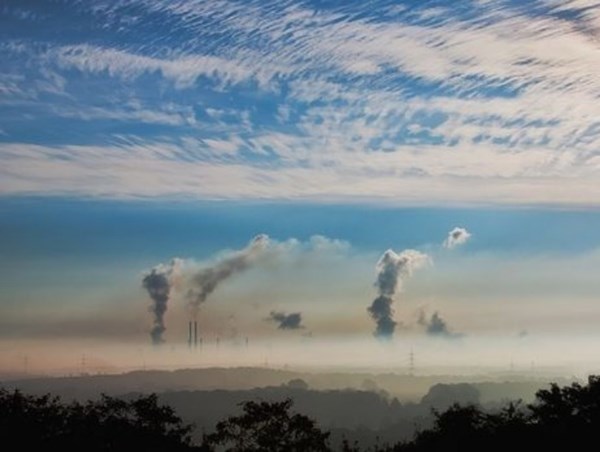Ukraine accuses Russia of bringing ecological catastrophe to Crimea
Ukrainian Foreign Minister Pavlo Klimkin believes that Russia, which annexed the Crimean peninsula, is responsible for the acidic emissions in Armyansk.
“First the Russian occupants brought human grief to Crimea and the Donbas, and now ecological catastrophes, which are destroying our land,” the minister wrote on Twitter.
Armyansk residents continue to complain about health deterioration, an acrid smell in the air, and throat irritation, especially in the evening, following the emissions which took place at night between August 23 and 24.
On September 4, the Crimean authorities announced that the concentration of harmful substances in the air in the north of the peninsula had exceeded the permissible norm, and that the operation of the Crimean Titan factory had been suspended for two weeks in connection with this. The authorities have begun to evacuate children.
Crimean authorities previously announced that the harmful emissions had been caused by a fire and the prolonged lack of precipitation. According to preliminary findings of the investigation, the pollution was actually caused by the vaporization of the contents of an acid storage facility belonging to Crimean Titan.
The Crimean Titan plant started operations in 1971, and was acquired by Dmitry Firthash’s Group DF in the early 2000s. The company’s primary focus is the production of titanium dioxide, which is used in the paint and rubber industries and to produce plastic in many other sectors.
In 2014, after Russia annexed Crimea, Dmitry Firtash changed the plant’s management structure. In October, Group DF sold the factory to a Russian subsidiary of LLC Titanium Investments. In 2015, PJSC Crimean Titan was renamed Ukrainian Chemical Products.
According to the Ukrainian ministry for the temporarily occupied territories and internally displaced persons, the Crimean Titan factory is an ecological threat to the Kherson province.
Ukraine used to provide as much as 85% of Crimea’s fresh water through the North Crimean Canal, which connects the Dnieper River’s primary course to the peninsula. After Russia’s annexation of Crimea in 2014, Ukraine cut off the supply.
